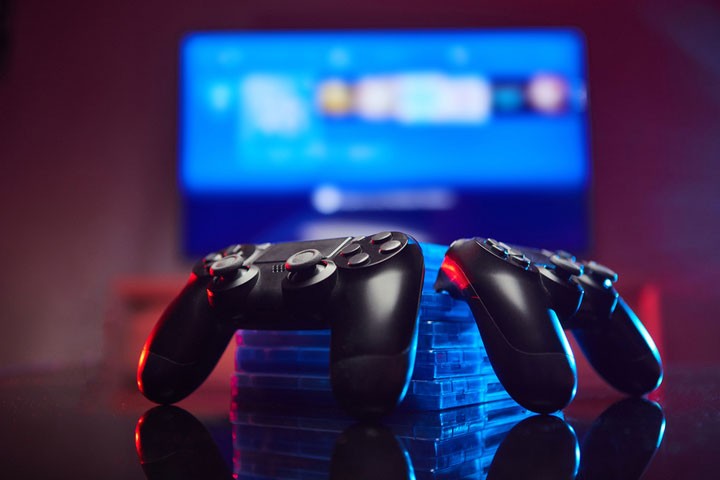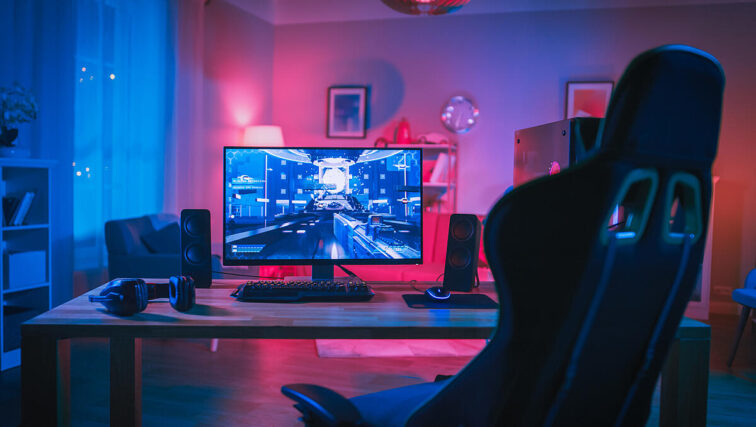
Gaming is a hobby to many and in recent days gaming can be treated as a profession and people across the world partake different games on different devices – smart phones, laptops, computers, play stations. During the research, the researchers asked participants between the ages 18 and 60 to answer questionnaires on various lifestyle habits, including physical activity, sleep, and diet. Other questions also gauged their overall mental and physical health. The researchers discovered that the typical “highly engaged” gamer played an average of 3.5 hours a day and most gamers said they got at least some physical activity through activities like playing sports or lifting weights.
One of the myths when it comes to gamers is, they love shoving their faces full of snacks and slamming down energy drinks, well that appeared to be a bust as most gamers reported that they didn’t eat while gaming. On the other hand, Internet Gaming Disorder which is the prevalence of gaming addiction was surprisingly low. The research also proved that most of the participants were non-addictive and had a balanced life between gaming and physical activity practice.
Of course, the study has a few notable drawbacks, it surveyed only gamers in Portugal, who experience vastly different health outcomes and ways of living than those in the world’s biggest gaming market. And with 270 participants, the study isn’t especially large, either. Results wise, the researchers noted that two-thirds of the gamers in the study had poor sleep quality, even if they didn’t play that much. Blue light exposure from gaming may not be the sole driver of this, though. With 60 percent saying they drink coffee, caffeine is just as likely a culprit.
Whatever the answer, the uncertainties highlighted the need for more research in the area, as gaming breaking out from being a nerd hobby to a more broad cultural pastime is a fairly recent phenomenon. And after all, scientists still can’t agree on whether video game addiction technically qualifies as a clinical addiction.

